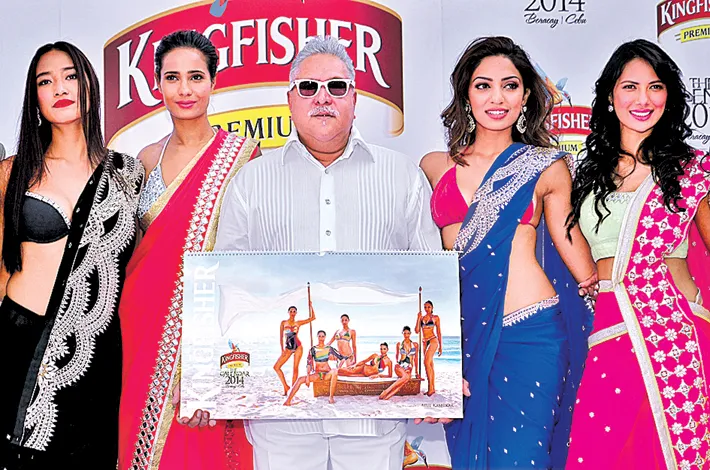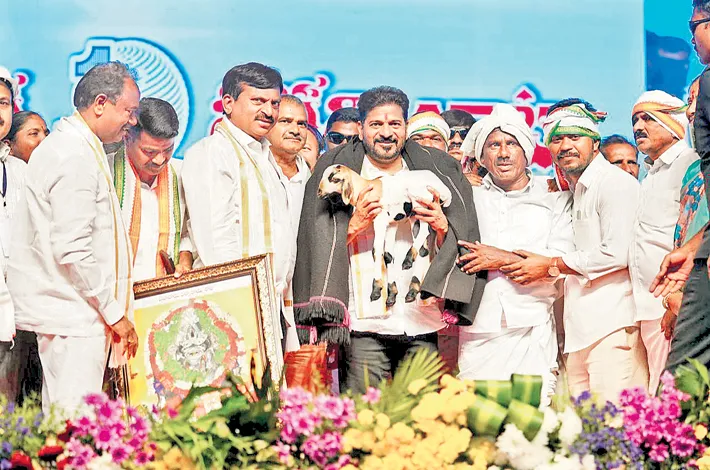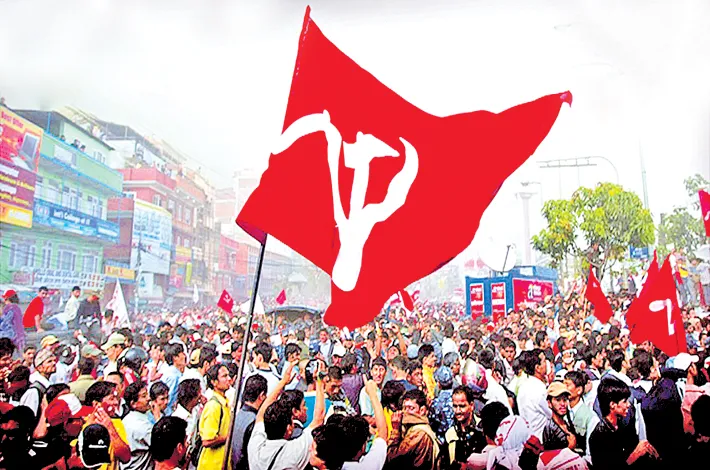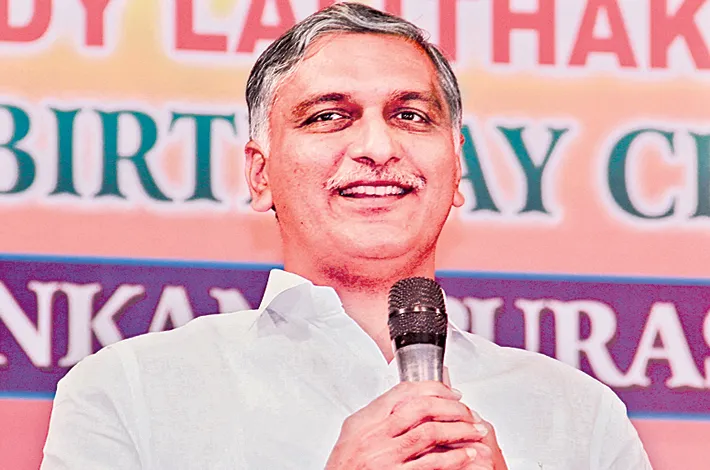King of Good (Bad) Times
08-06-2025 12:00:00 AM

Banks recovered Rs 14,131.6 crore through asset seizures and sales, including properties and stakes in my companies, I have effectively repaid more than double the original amount.
Vijay Mallya, the embattled former chairman of Kingfisher Airlines and a fugitive businessman, broke his nine-year media silence with a four-hour podcast hosted by Raj Shamani, released in early 2025. Titled "Vijay Mallya Podcast: Rise & Downfall of Kingfisher Airlines, Loans & RCB," the episode offered an unfiltered look into Mallya’s perspective on his business ventures, legal battles, and the controversies that have defined his public image. With over 3.5 million views, the podcast has sparked intense debate, reigniting discussions about Mallya’s legacy, India’s banking system, and the political dimensions of his case.
Vijay Mallya’s podcast with Raj Shamani was a calculated effort to reshape his narrative, blending defiance, remorse, and detailed rebuttals. By addressing Kingfisher’s collapse, loan disputes, and his fugitive status, Mallya sought to challenge the “economic offender” label and highlight systemic failures. The apology to employees and willingness to return under fair conditions added nuance to his persona, while his financial claims sparked debates about accountability. With millions engaging with the podcast, it has undeniably shifted the conversation around Mallya, though whether it will alter his legal fate remains uncertain. The episode underscores the enduring complexity of his saga, blending business, politics, and public perception in modern India.
The Rise and Fall of Kingfisher Airlines
Mallya devoted significant time to recounting the trajectory of Kingfisher Airlines, launched in 2005 as a premium carrier. He described its early success, positioning it as a symbol of luxury with top-tier in-flight services. However, the airline’s fortunes reversed during the 2008 global financial crisis, which Mallya cited as a primary catalyst for its downfall. He argued that external factors, including soaring fuel prices and a depreciating rupee, crippled the airline’s finances. Mallya also pointed to government policies as a major hurdle, claiming the Congress-led United Progressive Alliance (UPA) government pressured him to maintain operations without downsizing, unlike U.S. airlines that received bailouts during the same period.
Mallya alleged that public sector banks were coerced into extending loans to Kingfisher without adequate due diligence, exacerbating the airline’s debt. By 2012, Kingfisher had accumulated losses of over ₹16,000 crore and ceased operations, leaving thousands of employees unpaid. In a rare moment of contrition, Mallya issued a heartfelt apology to former Kingfisher employees, acknowledging their hardships and expressing regret for the airline’s failure. This apology resonated with some listeners, humanizing a figure often portrayed as unrepentant.
Loan Default and Financial Allegations
Central to the podcast was Mallya’s defense against allegations of fraud and money laundering totaling ₹9,000 crore. He challenged the narrative, presenting what he claimed were verifiable documents to support his case. According to Mallya, the actual debt, as adjudicated by the Debt Recovery Tribunal, was ₹6,203 crore, inclusive of 11.5% interest. He asserted that banks had recovered ₹14,131.6 crore from him through asset seizures and sales, including properties and stakes in his companies, effectively repaying more than double the original amount. Mallya questioned why he continued to be pursued as a defaulter despite this recovery, calling the government’s stance “vindictive.”
Mallya clarified that he was a guarantor for Kingfisher’s loans, not a borrower, and argued that the airline’s collapse was a business failure, not a criminal act. He revealed making four settlement offers to banks between 2012 and 2015, including a ₹4,000 crore proposal, all of which were rejected. Mallya suggested that political motivations drove the rejection, as his case became a lightning rod for public anger against crony capitalism. His detailed financial breakdown aimed to counter the perception of him as a willful defaulter, though skeptics on social media questioned the accuracy of his figures, noting the complexity of the legal proceedings.
Fugitive Status and Departure from India
Mallya addressed his 2016 departure from India, which cemented his status as a fugitive. He claimed the trip to London was prescheduled and not an attempt to flee. However, he chose not to return, citing fears of an unfair trial and harsh detention conditions. Mallya referenced a UK court ruling in another extradition case, which deemed Indian detention facilities violative of human rights, to justify his concerns. He recounted informing then-Finance Minister Arun Jaitley of his travel plans, a claim that sparked controversy. Jaitley initially denied any meeting but later admitted to a brief encounter in Parliament’s corridors, corroborated by a Congress MP. This revelation fuelled accusations of government complicity, with opposition leaders like Pawan Khera questioning how Mallya was allowed to leave.
Mallya rejected the label of “chor” (thief) but accepted being called a fugitive, framing his decision as a rational response to a biased system. He expressed willingness to return to India for a fair trial, provided he could live with dignity and avoid inhumane detention.
This stance divided listeners: some saw it as a reasonable demand, while others viewed it as an attempt to evade accountability.
Business Ventures and Lifestyle
Beyond Kingfisher, Mallya reflected on his other ventures, including founding Royal Challengers Bengaluru (RCB), a prominent Indian Premier League team, and owning the Force India Formula 1 team. He embraced his flamboyant image, recounting his collection of vintage cars, private jets, and the iconic Kingfisher calendar. Mallya argued that his lifestyle was funded by personal wealth, not misappropriated loans, and accused the media of sensationalizing his persona to vilify him.
Public and Political Reactions
The podcast’s release triggered a polarized response. Supporters, including industrialist Harsh Goenka and former IPL chairman Lalit Modi, praised Mallya’s transparency and highlighted the banks’ recovery of funds. Goenka’s X post questioning the continued pursuit of Mallya gained traction, reflecting sympathy among some elites. Conversely, critics like Congress leader Pawan Khera accused the Modi government of enabling Mallya’s exit, pointing to the Jaitley meeting as evidence of negligence. Social media reactions ranged from admiration for Mallya’s candor to skepticism, with users like @centerofright calling the podcast a calculated PR move to rehabilitate his image.
The podcast’s impact extended beyond public discourse, prompting renewed scrutiny. Mallya’s claims about loan recoveries and settlement offers were fact-checked by some outlets, though discrepancies remain unresolved due to ongoing legal battles.
His extradition case, pending since his 2017 arrest in London, faces further delays, with Mallya alleging a “secret case” blocking his return.








